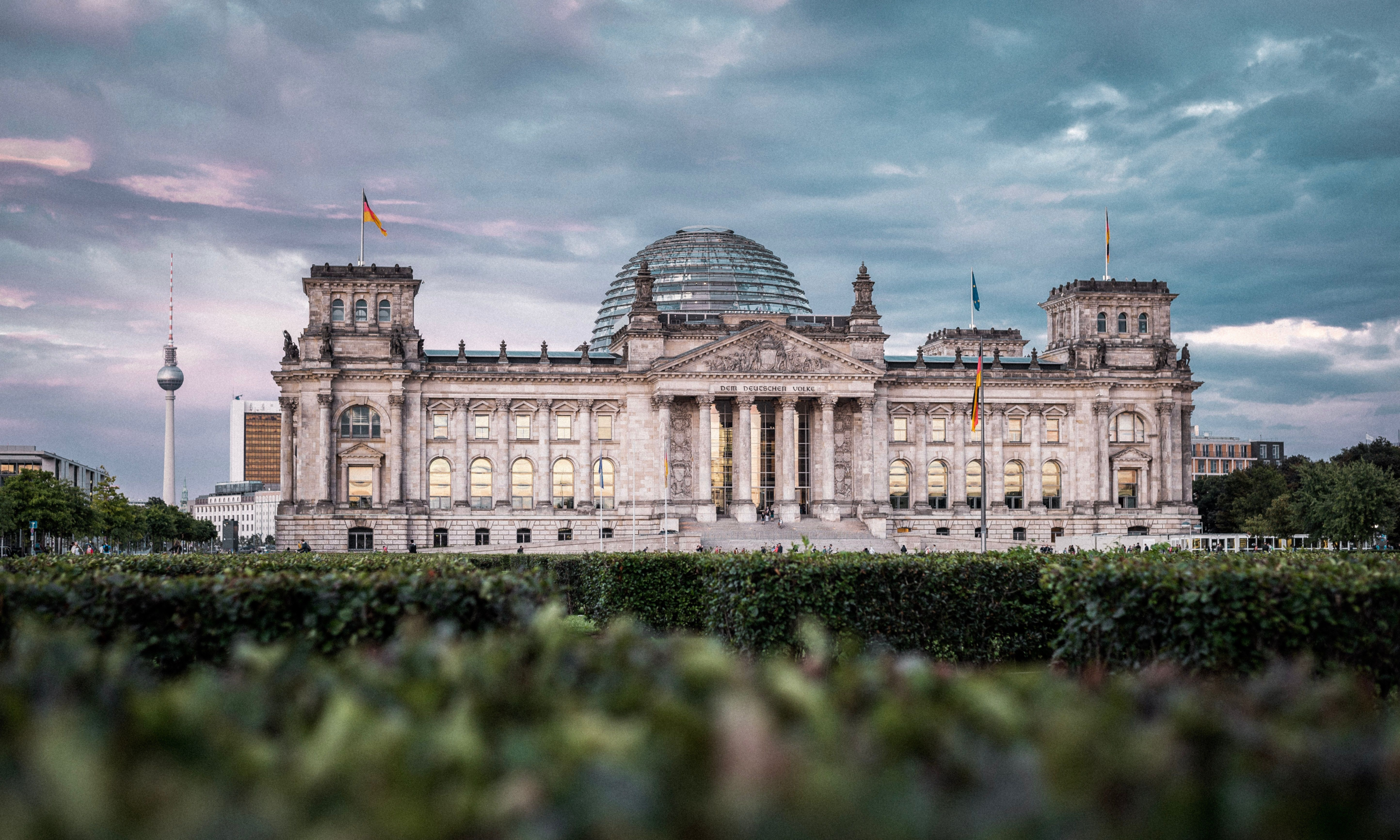The plans were approved by a vote in the Bundestag yesterday © hoch3media
The German parliament yesterday approved plans to create an exhibition and research centre in Berlin devoted to the terror inflicted by Germany on millions of victims during its occupation of European countries in the Second World War.
The new centre will “show us the horrors of Germany’s war of domination and annihilation,” said culture minister Claudia Roth. “This very important memory culture project will also make clear that we will never forget the suffering of the people in the countries that were occupied by the Wehrmacht.”
Since the 1990s, memorial sites for Jewish, homosexual and Sinti and Roma victims of the Holocaust have been erected in central Berlin. In 2018, the last government, under Angela Merkel, stipulated in its coalition agreement that it also wanted to recognise the suffering of other victims “in a dialogue with our neighbours in Eastern Europe.”
By late 1942, 230 million people were living under German occupation. The Nazi regime inflicted murder and genocide, slave labour, plunder, the destruction of homes, sexual violence and starvation on these populations. In Nazi race ideology, Polish, Eastern European and Soviet citizens were viewed as “inferior Slavs” or “Untermenschen.”
At yesterday’s vote in the Bundestag, the governing Social Democrats, Greens and Liberal Democrats and the opposition Christian Democrats approved the plan for the new centre. The government is now tasked with finding an appropriate location in central Berlin and ensuring that the new centre has a permanent exhibition and enough resources to show temporary exhibitions, run education programmes, conduct research and collect exhibits.
The centre should serve to “comprehensively document the suffering of the victims, give space to remember and commemorate, and include groups of victims who have so far received less attention,” the Bundestag, or lower house of parliament, said in its decision. It noted that in many European countries, “more people fell victims to the occupation than were killed as soldiers in the war.”
It added that it should also counter “ignorance about Nazi Germany’s occupation of European neighbours and the long-lasting consequences for these countries and their people” in the German population.
The new centre is to be conceived and set up by the Deutsches Historisches Museum (German Historical Museum), and will operate as an independent foundation under the umbrella of the museum.
“We can only say ‘never again’ if we know what must never happen again,” Raphael Gross, the president of the Deutsches Historisches Museum, said in a statement. “This is a signal to people in the formerly occupied countries that Germany is willing to look closely.”

